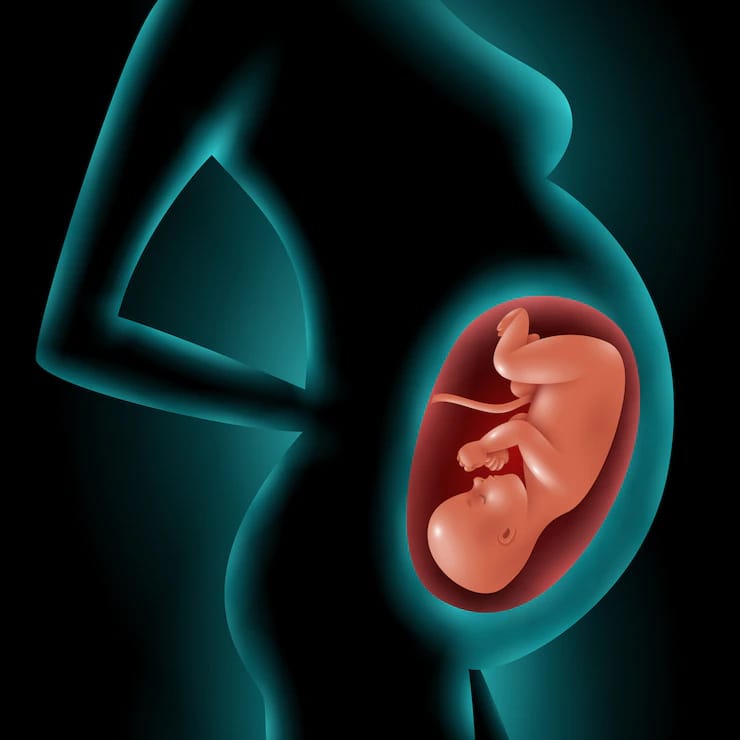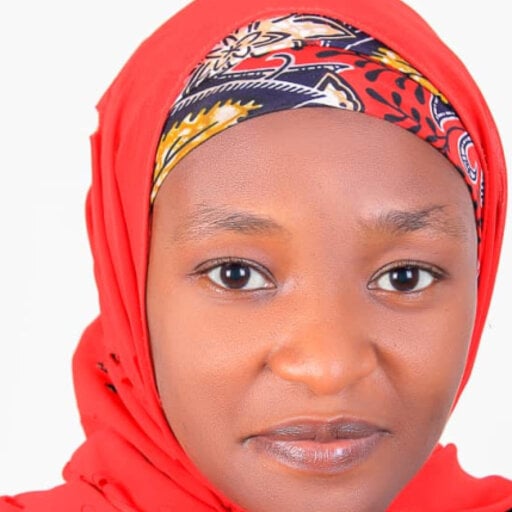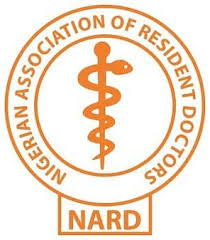EXCLUSIVE: Why Tinubu, staggered, tripped in Ankara
January 28, 2026PAG Calls for Active Voter Participation Ahead of 2027 Elections
January 25, 2026WHO rates Nigeria 2nd highest in maternal deaths worldwide
WHO rates Nigeria 2nd highest in maternal deaths worldwide

The WWorld Health Organization (WHO) has rated Nigeria as the second highest among countries with a high number of maternal deaths in the world.
The UN health agency in a report tagged the 2023 Progress Report, showed that Nigeria accounts for 29 per cent of the global toll in 290,000 maternal deaths cases every year and may miss the SDG target by 2030.
Nigeria also ranked highest globally in incidences of neonatal and child deaths.
The report also highlighted 8 other countries with high maternal, neonatal and stillbirths including Pakistan, the Democratic Republic of the Congo, Ethiopia, Bangladesh, China, Indonesia, Afghanistan, and the United Republic of Tanzania.
The WHO however warned that based on current trends, over 60 countries, including Nigeria, may miss maternal, newborn, and stillborn mortality reduction targets set in the Sustainable Development Goals by 2030.
In a another report, no fewer than 152 million premature babies were born between 2010 and 2020, with an estimated 13.4 million babies born preterm in 2020 and nearly one million dying from preterm complications.
The report released by United Nations agencies and partners said the figure is equivalent to around one in 10 babies born early (before 37 weeks of pregnancy) worldwide.
Born too Soon: Decade of Action on preterm birth’, produced by the World Health Organisation (WHO) and the United Nations Children’s Fund, UNICEF, together with PMNCH, the world’s largest alliance for women, children, and adolescents, sounded the alarm on a ‘silent emergency’ of preterm birth, long under-recognised in its scale and severity, adding that there is an “impeding progress in improving children’s health and survival.
The report stated: “Preterm birth is now the leading cause of child deaths, accounting for more than one in 5 of all deaths of children occurring before their 5th birthday. Preterm survivors can face lifelong health consequences, with an increased likelihood of disability and developmental delays.’
The report equally stressed the impacts of conflict, climate change and environmental damage, COVID-19, and rising living costs are increasing risks for women and babies around the world.
“For example, air pollution is estimated to contribute to 6 million preterm births each year. Nearly one in 10 preterm babies was born in the 10 most fragile countries affected by humanitarian crises, according to a new analysis in the report.’
The report advocated for increasing investments, including mobilizing international and local resources to improve maternal and newborn health and ensuring high-quality care is available when and where it is required.













